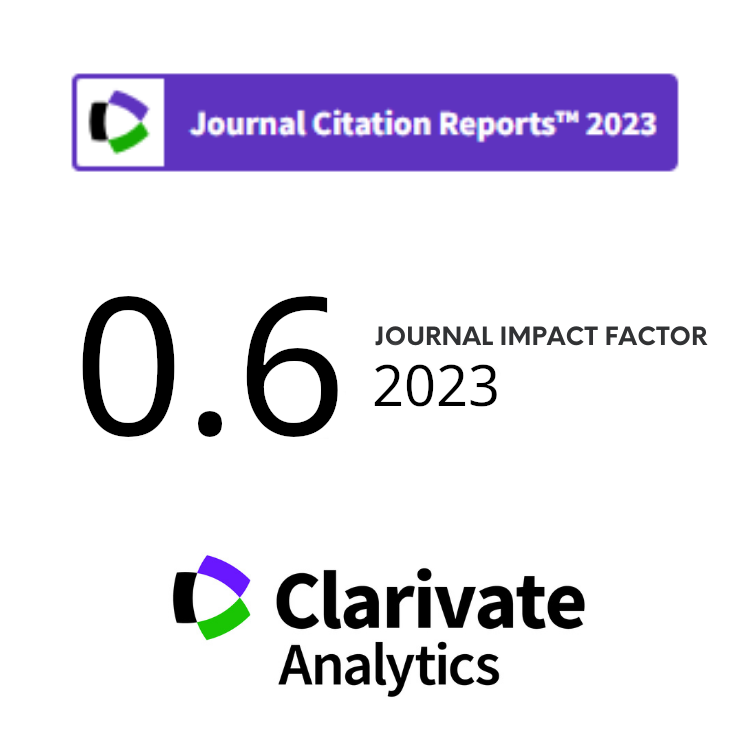Neutronics Assessment of Accident-Tolerant Fuel in Advanced Power Reactor 1400 (APR1400)
Abstract
Safety and reliability are the most desirable conditions that each nuclear power plant should improve. Since the Fukushima Daiichi accident, Accident-Tolerant Fuel (ATF) has been extensively researched to improve the performance of the nuclear fuel system. This paper presents the investigation of the ATF system from a neutronics perspective, which positively reflects on the performance of the APR-1400 nuclear power plant. Several advanced fuel candidates such as UC, U3Si2, and UN, which have better thermophysical properties than current UO2 nuclear fuel, have been considered. Meanwhile, advanced cladding candidates such as FeCrAl, Zr-alloy with coating, and SiC which can reduce or even eliminate the oxidation rate of current Zr-alloy cladding have been adopted in this study. The Monte Carlo Serpent code, in conjunction with ENDF/B-VII.1 nuclear data library, has been used to calculate and evaluate the important neutronics parameters at the assembly level such as the fuel residence time, discharge burnup, kinetics parameters, pin power distribution, temperature reactivity feedbacks, and fissile evolution. The advanced fuels show better neutronics performance than the current UO2 fuel. In addition, SiC provides optimum neutronic performance as cladding.
Keywords
Full Text:
PDFDOI: https://doi.org/10.17146/aij.2020.1073
Copyright (c) 2020 Atom Indonesia

This work is licensed under a Creative Commons Attribution-NonCommercial-ShareAlike 4.0 International License.












